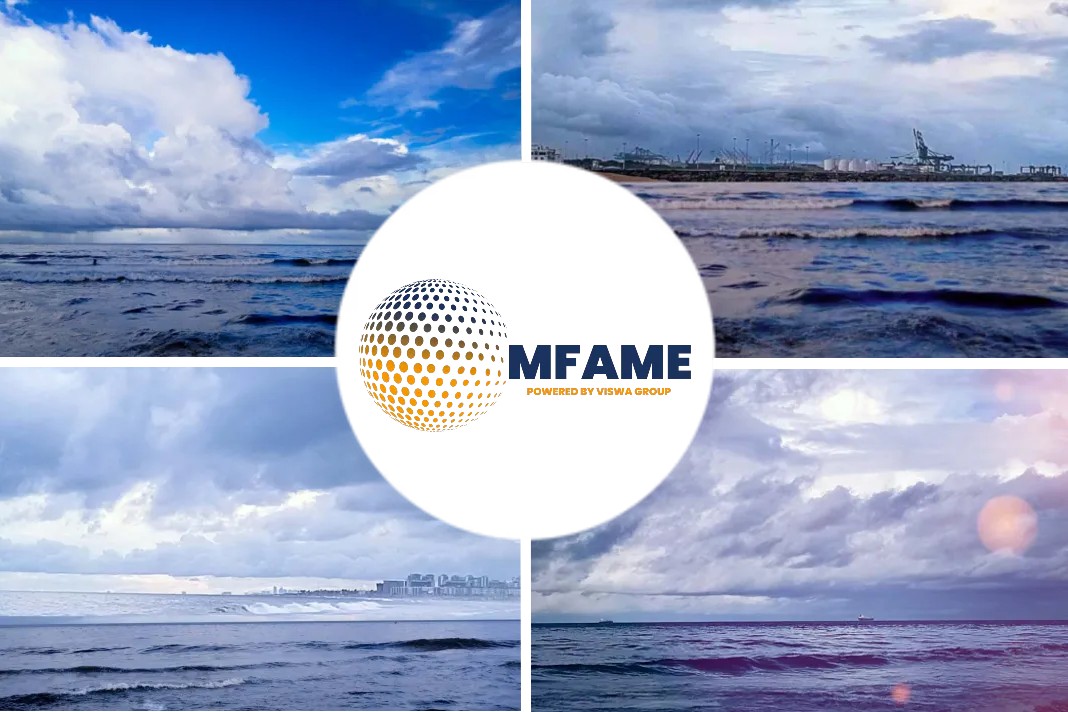
The Sub-Committee on Carriage of Cargoes and Containers (CCC) recently convened for its ninth session, focusing on critical developments in the maritime industry. These discussions centered on advancing safety guidelines for alternative fuels, addressing emerging challenges, and reinforcing safety measures. The imo source.
- CCC 9 Sub-Committee advances interim guidelines for safe hydrogen and ammonia use as ship fuels.
- Enhanced safety measures include LPG cargo fuel guidelines and amendments to the IGC Code.
- CCC Sub-Committee’s role in shaping alternative fuel provisions and addressing broader maritime concerns highlighted.
Hydrogen and Ammonia as Fuel
During its ninth session (CCC 9), the Sub-Committee on Carriage of Cargoes and Containers made significant strides in developing interim guidelines for the safe use of hydrogen and ammonia as ship fuels. The urgency of providing guidance in line with IMO’s emission targets led to the decision to convene an intersessional working group in September 2024 to finalize these guidelines.
Expanding Coverage for LPG Cargo as Fuel
In an effort to enhance safety measures, CCC Sub-Committee approved a draft MSC circular on interim guidelines for the use of liquefied petroleum gas (LPG) cargo as fuel, offering additional coverage for ships under the IGC Code. The development of draft amendments to the IGC Code for the safe use of LPG as fuel for gas carriers carrying non-LPG cargoes was also initiated.
Driving Innovation with Technical Provisions
The CCC Sub-Committee’s role in shaping technical provisions for alternative fuels and technologies was highlighted. Existing guidelines cover various fuels, including methyl/ethyl alcohol, fuel cells, and LPG. The work plan for the coming years outlines the development of additional guidelines, with a focus on mandatory provisions for methyl/ethyl alcohols and fuel cells by CCC 12 in September 2026.
Addressing Broader Maritime Concerns
Beyond alternative fuels, CCC 9 also addressed important maritime issues, including the revision of the International Code of the Construction and Equipment of Ships Carrying Liquefied Gases in Bulk (IGC Code), safety concerns related to enclosed spaces, and recommendations for the carriage of plastic pellets by sea in freight containers as proposed by the Marine Environment Protection Committee (MEPC).
Did you subscribe to our daily newsletter?
It’s Free! Click here to Subscribe!
Source-imo


















